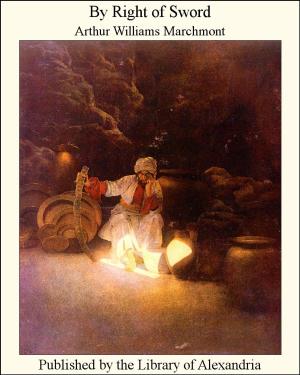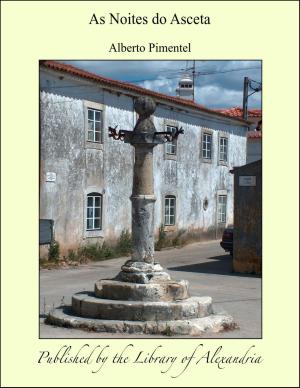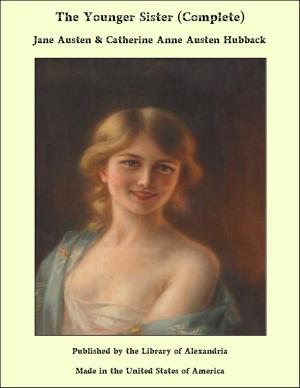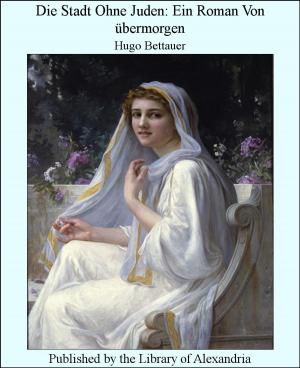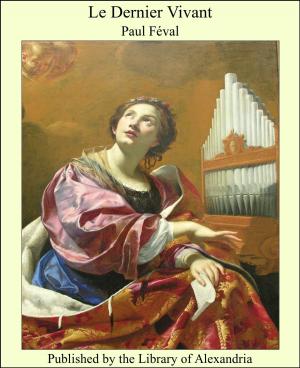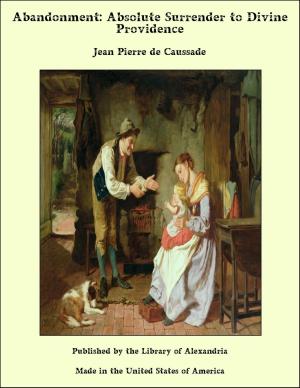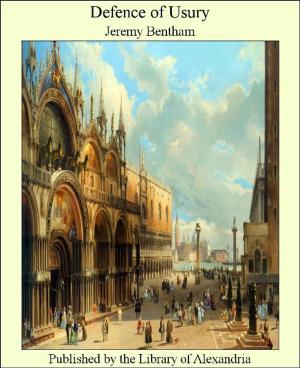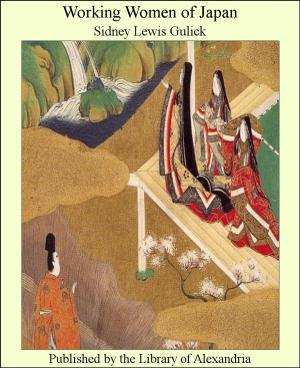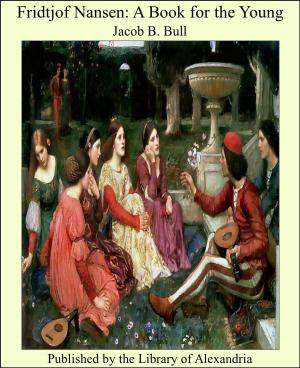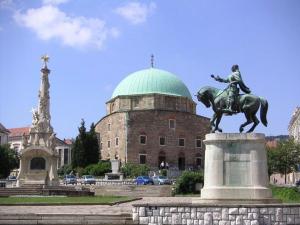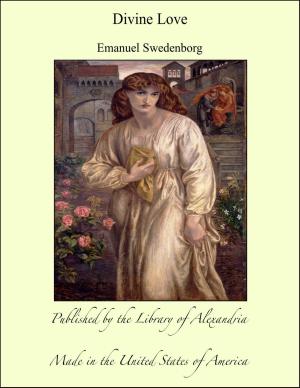Aucassin & Nicolette and Other Mediaeval Romances and Legends
Nonfiction, Religion & Spirituality, New Age, History, Fiction & Literature| Author: | Anonymous | ISBN: | 9781465513267 |
| Publisher: | Library of Alexandria | Publication: | March 8, 2015 |
| Imprint: | Language: | English |
| Author: | Anonymous |
| ISBN: | 9781465513267 |
| Publisher: | Library of Alexandria |
| Publication: | March 8, 2015 |
| Imprint: | |
| Language: | English |
The little tales brought together in this volume are drawn from the literature of the Middle Ages, and in many cases were written in France of the thirteenth century. I hope that they may be found interesting in themselves, but to appreciate them fully they should be considered in their relations to a definite historical background. Their conceptions of society, of religion, of politics, of humour--that precious gift which always dies so young--are not common to all of us to-day. They are of the thirteenth century, and we of the twentieth. We may not be better than our forefathers, but a great chasm of seven hundred years yawns between us and them. To enjoy their work without reserve it is necessary for a time to breathe the same air that was breathed--roughly speaking--by the subjects of St. Louis of France. It is possible to love the period known as the Middle Ages, or it is possible to detest it. But you cannot ignore it, nor find it flavourless on the palate, because that period possesses character, "character, that personal quality, that idiosyncrasy which, no doubt, you are the richer for possessing, be it morally bad or good--for it is surely better to have a bad character than none, and if you are a church, better to be like the Badia than the City Temple." Indeed, it is evident that the personal equation must largely determine what any writer's conception of the Middle Ages is. A great modern poet, for instance, loved the Middle Ages because economic conditions pressed less hardly on the poor; because London was small and white and clean; because chivalry afforded opportunity for that decorative treatment of knightly episodes which makes his poetry so attractive.
The little tales brought together in this volume are drawn from the literature of the Middle Ages, and in many cases were written in France of the thirteenth century. I hope that they may be found interesting in themselves, but to appreciate them fully they should be considered in their relations to a definite historical background. Their conceptions of society, of religion, of politics, of humour--that precious gift which always dies so young--are not common to all of us to-day. They are of the thirteenth century, and we of the twentieth. We may not be better than our forefathers, but a great chasm of seven hundred years yawns between us and them. To enjoy their work without reserve it is necessary for a time to breathe the same air that was breathed--roughly speaking--by the subjects of St. Louis of France. It is possible to love the period known as the Middle Ages, or it is possible to detest it. But you cannot ignore it, nor find it flavourless on the palate, because that period possesses character, "character, that personal quality, that idiosyncrasy which, no doubt, you are the richer for possessing, be it morally bad or good--for it is surely better to have a bad character than none, and if you are a church, better to be like the Badia than the City Temple." Indeed, it is evident that the personal equation must largely determine what any writer's conception of the Middle Ages is. A great modern poet, for instance, loved the Middle Ages because economic conditions pressed less hardly on the poor; because London was small and white and clean; because chivalry afforded opportunity for that decorative treatment of knightly episodes which makes his poetry so attractive.

